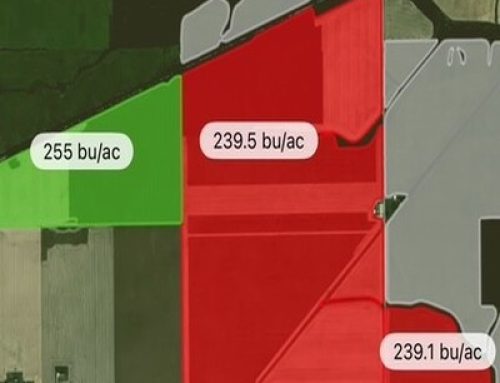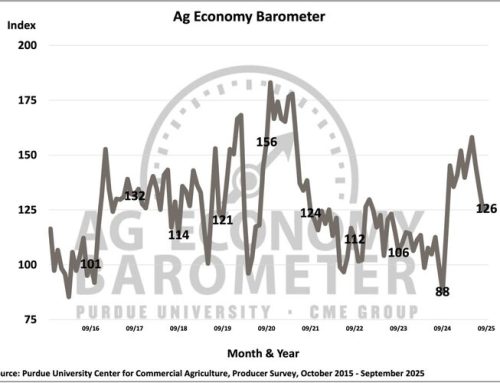Source: Renewable Fuels Association news release
Washington, DC — The U.S. Environmental Protection Agency today issued decisions involving 175 petitions for small refinery exemptions (SREs) from the Renewable Fuel Standard for 2016-2024. EPA granted full exemptions to 63 petitions, partial exemptions to 77 petitions, denied 28 petitions, and deemed seven ineligible.
While the Renewable Fuels Association continues to question whether these SREs are truly justified, RFA noted that EPA’s approach for implementing these exemptions appears reasonable and should not disrupt the marketplace or reduce actual renewable fuel consumption.
For exempted small refineries who had already fulfilled their RFS obligations for past compliance years, EPA will return the corresponding RINs retired by those small refineries for each compliance year. For all years but 2023 and 2024, those RINs have expired and may not be used to comply with standards that are currently open. EPA also announced its intent to soon propose that exempted volumes for 2023 and beyond be reallocated to ensure that the integrity of already-finalized RFS volumes is maintained. The agency will be accepting public comments on the matter of reallocation for 2023 and beyond.
In response to the EPA announcement, RFA President and CEO Geoff Cooper offered the following statement:
“While RFA continues to doubt that the small refineries receiving exemptions today truly experienced ‘disproportionate economic hardship’ due to the RFS, we are pleased to see EPA taking an approach to implementation of these exemptions that is minimally disruptive to the marketplace and affirms the agency’s intent to reallocate renewable fuel volumes lost to SREs. We appreciate that EPA is focused on an approach that maintains stability in the marketplace and ensures finalized annual volumes under the RFS are maintained.
“The exemptions granted today should have little or no effect on current and future levels of renewable fuel production and use. It is critical, however, that the renewable fuel blending volumes associated with SREs for 2023 and 2024 are fully reallocated.
“In the days ahead, RFA will be further analyzing EPA’s new approach and rationale for determining disproportionate economic hardship. According to EPA’s previous analysis, all refiners–both small and large–recoup their RIN costs when they sell gasoline and diesel. Thus, there is no credible evidence that small refiners are disproportionately affected by RFS compliance, or that the financial impact of RFS compliance rises to a level anywhere close to ‘economic hardship.’ In any case, SREs were always intended to be a temporary measure and a bridge to compliance–not a permanent handout. Small refiners have now had two full decades to adapt their operations to comply with the RFS.”




